Stepping into your final year project feels a bit like riding a roller coaster—exciting one minute, exhausting the next. You get the highs, the lows, and sometimes those “why did I choose this?” moments. But guess what? It doesn’t have to drain you or leave you discouraged. That’s exactly why we put this guide together.
Welcome to Final Year Project: All You Need to Know—your friendly roadmap through the chaos! Stick around till the end, because we’re about to walk you through how to choose the right project and everything else you should know before diving in. Let’s do this! 🚀
Factors to Consider When Choosing a Final Year Project: all you need to know
Doing a project takes more than getting yourself a nice project topic and implementing it. It demands functionality, relevance, knowing its cost requirement, feasibility, and lastly approval. We will now be visiting each of these requirements individually for deeper understanding.
Project Functionality

Here you’re required to ask the question, “what purpose does my project serve?!” It’s ok whatever the number of purposes it may serve. The more the merrier as the saying goes. Similar questions like:
- “what problem does this project solve?!”
- Or “what does this project offer to its user?!”
- How will it work?
- Does it have practical applications?
Knowing the answers to these questions tend to help you crack down on the root of its functionality, these questions would make sure you dig out the usefulness of your project leaving nothing buried. In some cases, you discover an unrealized/ unpopular problem that makes things more interesting, because you may just be onto something.
For example, a smart irrigation system should automate water delivery based on soil moisture. The functionality should be well-defined and measurable.
Project Relevance
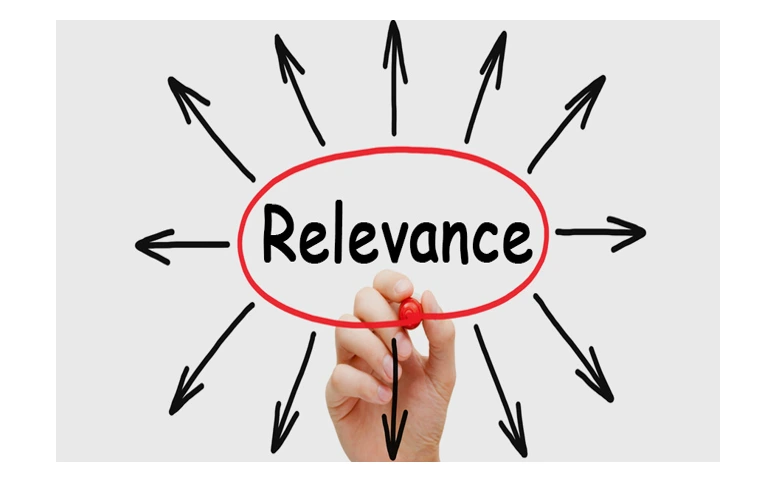
The word relevance implies the connectedness and applicability of your chosen project to your department. Considering how wide this section could be, we have decided to break it into two subsections to achieve our desired result in giving you the knowledge you need to get your project hitting the ground running. These are:
Departmental relevance:
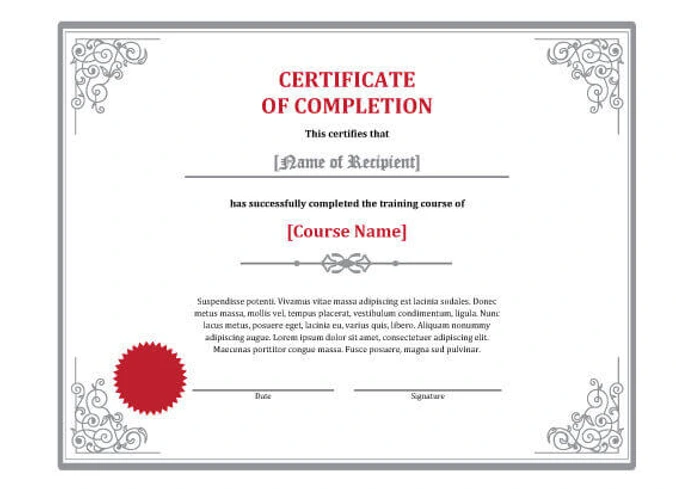
As an Engineering student, your are not expected to pick up a project primarily about fishery and vice versa. Whatever topic you’re holding has to be related, if not entirely (because most life applications involve practices from various departments), but majorly to your department or area of specialization. To make this more practicable, take for instance; as an electrical engineering student, you need to answer the question, “how much of the composition of this project relies on electricity and wiring?!” The greater the percentage of the project’s composition that’s related to your course, the closer you are to a perfect topic.
Societal relevance:
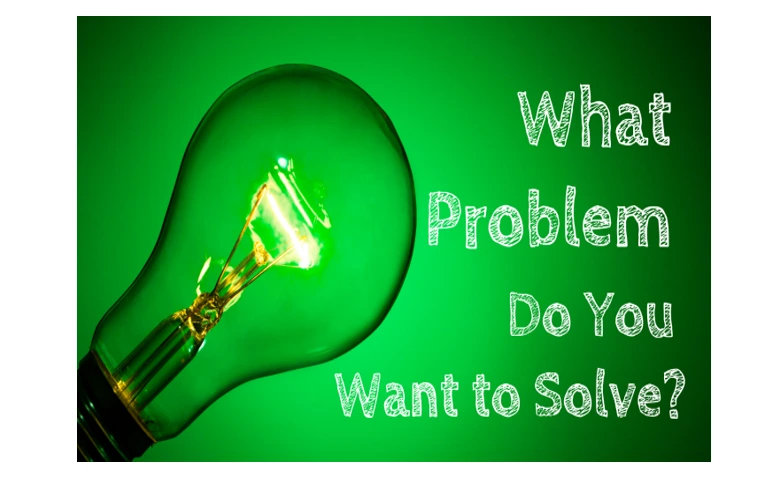
Here you’re required to answer the question, “how applicable is this project in your locality”, as a matter of fact, the most applicable projects are the ones that solve local problems/ issues. This is where I tell you to look around and always keep your eyes peeled and ears open, because, most times it’s not difficult to find out.
Having said that. In some cases, not all projects offer an exact or direct societal relevance. So, it’s ok to just meet up with the departmental relevance criteria alone and move on. This is summarized in most science, technology, and engineering student as SDG-based (sustainable development goal) projects. You can read more here.
Project Cost

This Is one of the simplest and yet most important of all the key points listed here. It is paramount to do a market research or estimated-cost of how much it would take to pull off such a project you have chosen to embark on.
Depending on the faculty, discipline and project topic of choice, the cost involved may be less or high. Generally, the project topic determines what the cost range would be.
For science, technology and engineering student or group of students; there is an extra mark awarded for people who are actually designing, building, and construction of physical projects. However, for science, technology and engineering student embarking on building physical projects . Once you’ve gotten your topic, you’ll be set with a little walk around any equipped hardware store near you and the internet; to assemble your gadgets to get started. You can look up one of such stores is the Smartech online store. They make it easier for you to get the prices for your project parts/components and tools. They also offer some free services with regards to that. They can send the components to you, we are national, help you test and ensure the components or modules are working, assisting you with code snippets etc. Read the full post here. Buy from us here.
Project Feasibility
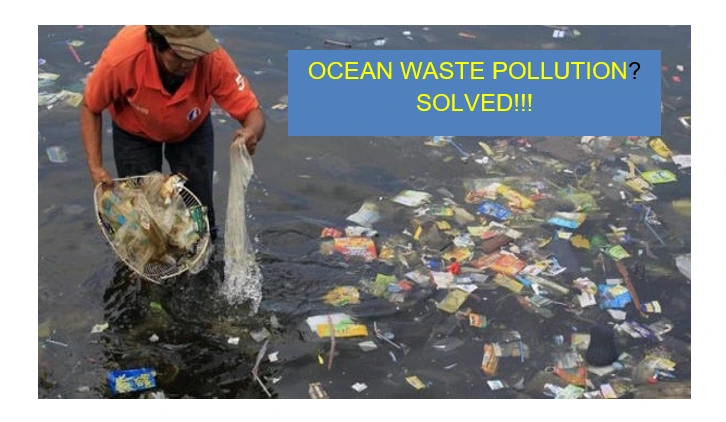
This might sound familiar and If you are thinking realization, then Yes!! You need to know how realisable your project selection is before embarking on it, and a few of the factors mentioned in this article help to account for that, so, rest easy we’ve got you. It’s one thing to get the perfect topic, and it’s another thing to be able to implement it, or develop it. While you have a project with a relevant functionality, the cost requirement may just be too high for your pocket (and that’s up to you really, how much is worth passing out in flying colors?!). Then in another scenario, you may have the perfect project with doable costs, but, “do you have the knowledge base for it?!” Most projects due to their nature and aim at innovation tend to demand a large/fairly strange amount of knowledge, and when we say knowledge, it also includes your skill in handling tools and equipment.
This right here is what makes Smartech A. T. store a favourite, we don’t just sell components and equipments to you, but we also work with you on how to practically use those components. We are well aware that in most cases, it’s either the school has insufficient equipments and tools to go round, for those that sell components; not every one you need may be available or you just don’t get the right amount of attention from your project supervisor. These shouldn’t be the conditions discouraging you from doing the project you want. The team at Smartech A.T. ltd work towards satisfying these conditions for you, so, don’t get discouraged, reach out today if this is you.
Project Approval

Of course we can never talk about a final year project without talking about your supervisor. You would always need your supervisors “go ahead” to start a project. We bet it will interest you to know that in some cases the supervisors do suggest project topics for you, please consider them(it), if that happens to you, many times, they are topics that your supervisor is already vast in and can easily offer precise guide on. However, if that’s not your case, putting this article to work already eases the burden for you, does it not?! And approval is just within your grasp. Knowing what to look for always makes the search period shorter. This is the last stage a project will pass through before implementation starts.
Possible Pitfalls to Avoid When Choosing a Project Topic

- Catchy project topics means cost intensive project topics: This tries to buttress on the choice of project topics to embark on. To choose a project that is is resonating loud would mean to be packing a fat wallet to finish it. In the years of experience we have had, most Machine Learning (ML), Deep learning, etc. Some of the projects are something that are not within undergrad students. Yes, the supervisor may always propose these topics to the student but it is advice you do a project topc consultation to know if you can afford to take on the cost of the project topic. We recommend you go for project topic you are good at, that won’t cut deep inside your pocket and which you can always get out of
- Know the total turnaround time for project defense: Most students will have very little time on their hands before the defense and would wait until it is very late before they can commence proper. Some projects take longer time than the others, you have to do some testing, record your observations etc. When you have done the needful, this would be a landside for you.
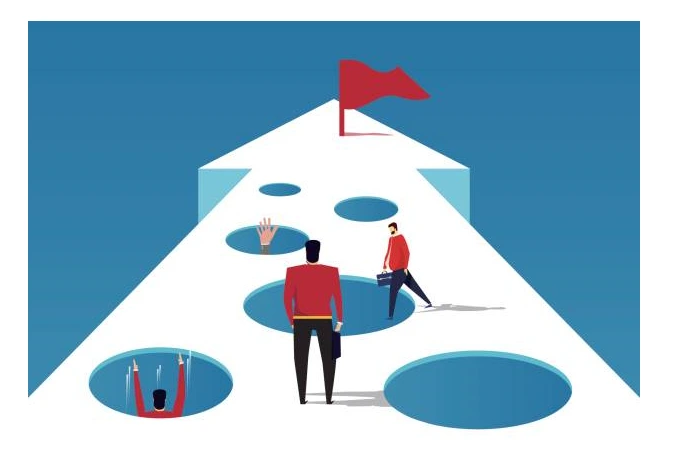
- Know Your Prowess: The whole idea is to get you acquainted with a particular project topic. At the end of the project work, you are expected to be an expert in that particular work. Knowing where your prowess lies and how fast and easy you could wrap your head around a topic ou found interesting would also motivate you to keep pushing the project even when times gets rough along the way.
Getting Help: What We Can Do For You
Virtual Team

We are a tech start and doing various research in tech and engineering fields is part of what we do. We have consulted for many undergrad students masters students and PhD professors with regards to their project and thesis works. You can see some of the google reviews here. We are always available to take enquiries and offer consultancy services for anyone who wishes to embark on this journey. The following are the benefits of working with us.
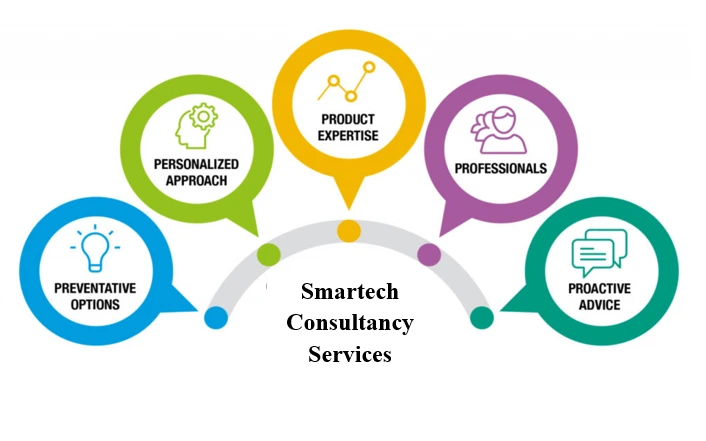
Final Year Project Topic Consultancy
This allows us to critically look at the project topics of choice and offer practical working guidelines to make it better. We exhaust the scope of the project from a feasible and realistic viewpoint; letting you know what is achievable, doable, and what isn’t. You know what to expect with your budget plan. Your project topic: All you need to know about the project topic and how to make the best of it summarized in a comprehensive forum where the center of attraction is you. Questions like, how long would it take you to complete? Everything for a token. Armed with these pointers, you can plan yourself better when embarking on your final year project work. To learn more about this, follow this link.
Online Sales and Services for Final Year Project Kits/Modules
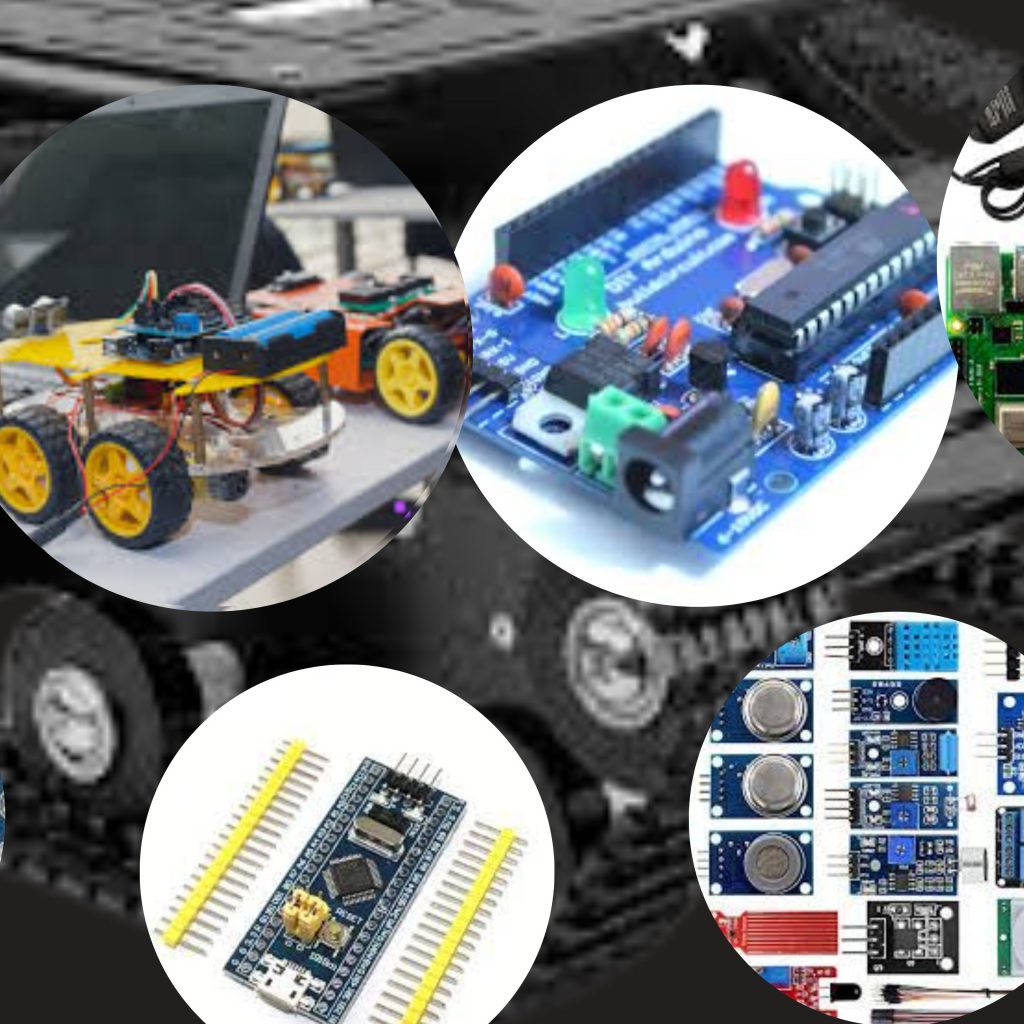
Smartech’s online store does more than just sell components, modules, and tools for use in science and engineering. They have tech guys who are on standby to take your questions and guide you on how to make best of what you bought from them. Since they are not only an online store, but also makers who have used the products and found the best ways to use it.
Project Consultancy
Smartech offer this services in the following ways
–A step-by-step guide to getting you started with the project work/thesis
–Offering custom teaching on how to solve the challenges encountered with project work/thesis weather remotely or in-person.
–Building custom parts and designs ranging for PCB boards, prototypes, 3D print shapes etc.
Conclusion
You can go though all of our videos on YouTube channel or read more on the blog post for some of the free tutorial post. We would like to hear from you regarding what you think. Leave us a comment below and you can reach us on any of our handles below.
Frequently Asked Questions on Google Search for Final Year Project Research:
Choosing a Topic:
- What are some good final year project topics for [my field of study]?
- Answer: This is very dependent on your specific field. You can refine your search by adding specific keywords like “sustainable,” “machine learning,” “AI,” or your thesis area. Utilize university resources like faculty recommendations, project databases, and past thesis archives.
- How do I choose a project topic that aligns with my interests and skills?
- Answer: Reflect on your passions within your field. Do you enjoy research, design, fieldwork, or problem-solving? Identify your existing skills in software, hardware, analysis, or data interpretation. Match your interests and skills to potential project areas.
- What are some unique and original project ideas?
- Answer: Look for gaps in existing research, emerging technologies, or local/community challenges. Consider combining different disciplines or applying established methods to new areas. Brainstorm with peers, professors, or industry professionals for fresh perspectives.
Research and Methodology:
- Where can I find relevant research materials for my project?
- Answer: Utilize scientific databases like JSTOR, ERIC, and Google Scholar. Check your university library resources, online repositories, and conference proceedings. Consult with your thesis advisor for field-specific journals and publications.
- What are the different research methods I can use for my project?
- Answer: The suitable method depends on your project type. Options include surveys, interviews, experiments, simulations, case studies, data analysis, and theoretical modeling. Discuss your options with your advisor and ensure your chosen method aligns with your resources and timeframe.
- How do I create a strong research question and hypothesis?
- Answer: Your question should be specific, focused, and researchable. It should identify a gap in knowledge and lead to a clear hypothesis, a tentative answer you aim to prove or disprove. Consult your advisor and refine your question until it’s well-defined and achievable.
Project Implementation and Completion:
- What are the key steps for managing my project effectively?
- Answer: Develop a timeline with milestones, set realistic deadlines, and track your progress regularly. Utilize project management tools, organize your data and research materials, and communicate effectively with your advisor and collaborators.
- How do I overcome challenges and setbacks during my project?
- Answer: Be prepared for unexpected issues. Adjust your timeline if needed, seek help from your advisor or mentors, and consider alternative approaches. Maintain flexibility and resilience to navigate hurdles effectively.
- How can I make my final presentation impactful and engaging?
- Answer: Tailor your presentation to your audience. Use clear visuals, concise language, and highlight your key findings. Practice your delivery, answer questions confidently, and showcase your passion for your research.
General Concerns:
- How do I ensure my project is original and avoids plagiarism?
- Answer: Properly cite all sources, paraphrase effectively, and document your research process diligently. Utilize plagiarism checkers and discuss referencing style with your advisor.
- What are some resources available to support my final year project?
- Answer: Utilize university writing centers, research labs, library workshops, and academic mentors. Consider funding opportunities, grants, or industry collaborations for additional support.
- What are the expectations for a successful final year project?
- Answer: Demonstrate thorough research, strong methodology, critical analysis, and clear conclusions. Present your findings confidently, showcase your skills, and highlight the significance of your project to your field.
Remember, the final year project is a stepping stone into your professional future. Approach it with diligence, passion, and a willingness to learn. This research is a valuable opportunity to showcase your potential and set yourself apart as a capable and knowledgeable graduate.

